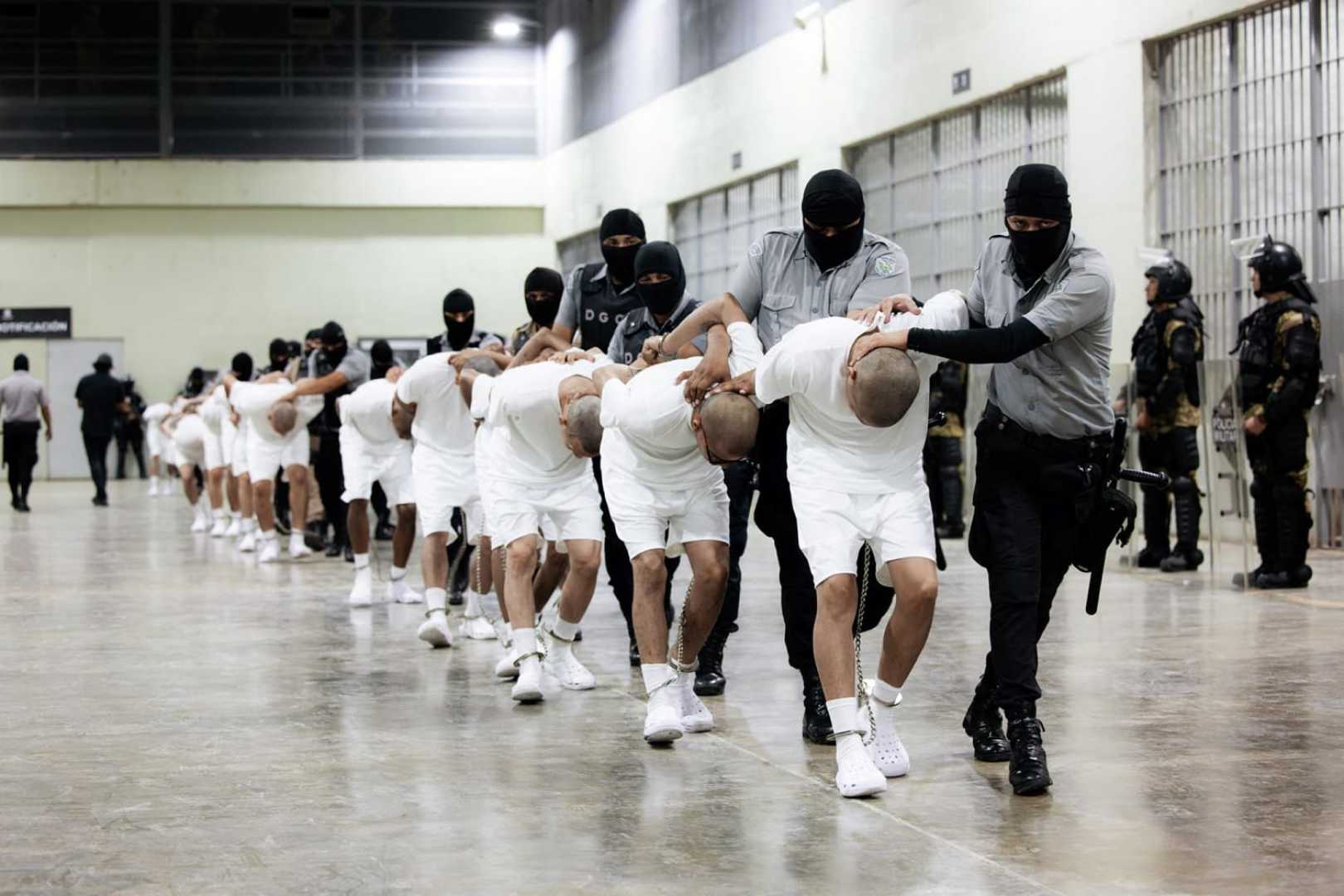News
Venezuelan Deportees Share Stories of Torture and Resilience After U.S. Removal

CARACAS, Venezuela — Four Venezuelan men deported from the United States to El Salvador in July have recounted their harrowing experiences in Salvadoran prisons. Among them is Ángelo Bolívar, who had fought tirelessly to escape the political turmoil of his home country only to find himself embroiled in a brutal detention system.
The U.S. government deported 238 Venezuelans allegedly linked to the Tren de Aragua gang under President Trump’s invocation of the 1798 Alien Enemies Act. The men were detained at the Terrorism Confinement Center in El Salvador, where many reported systemic abuse, including beatings and inadequate living conditions.
Venezuelan attorney general Tarek William Saab noted that interviews with the deported men indicated open torture. “They spoke of daily beatings, rancid food, and sexual abuse,” Saab said in a statement.
Arturo Suárez, a musician who was taken during an ICE raid in North Carolina, described the prison as a place where creativity was crushed. “Music was forbidden, and the guards beat me for singing,” he recalled. Despite this, Suárez wrote a song that resonated among his fellow inmates, calling it an anthem of hope for their return to freedom.
Another deportee, Ángelo Escalona, turned 18 just before his detention. He dreamt of becoming a DJ but found himself caught in a nightmare instead. He and the other Venezuelans attempted to resist their removal upon arrival in El Salvador, but were met with violence from police. “We were told ‘Welcome to the real hell,’” Escalona said, recounting the horror of their detainment.
Frizgeralth Cornejo, who undertook a perilous journey across seven countries to reach the U.S., shared that he was denied asylum due to his tattoos, a situation he never expected. “I never imagined being imprisoned just for getting tattoos,” he stated. Bolívar, who also carried tattoos linked to his family legacy, faced a similar plight when authorities associated him with gang membership.
After their release, the men are now attempting to rebuild their lives in Venezuela amid its ongoing challenges. Bolívar expressed his disbelief at the ordeal: “They said I was a gang member because of my tattoos — even though the agents had tattoos too.”
The disturbing narratives of these deported Venezuelans highlight the harsh realities faced by many migrants caught in the crosshairs of immigration policies and gang violence.












